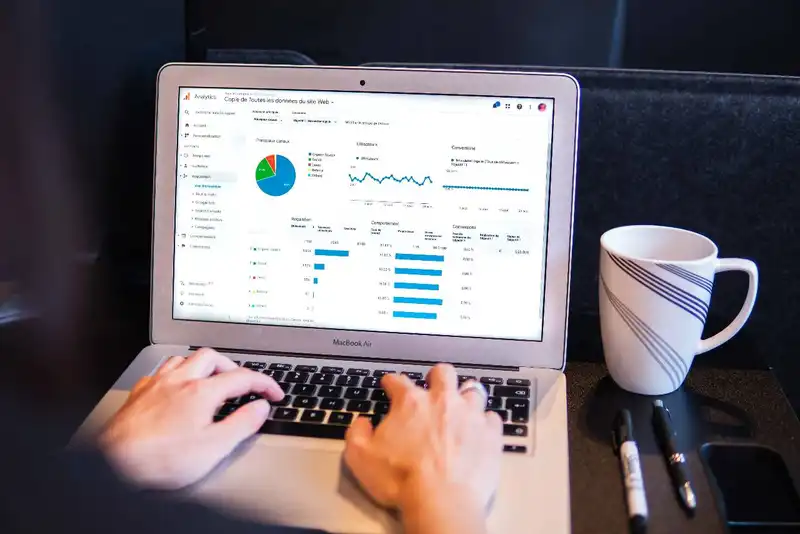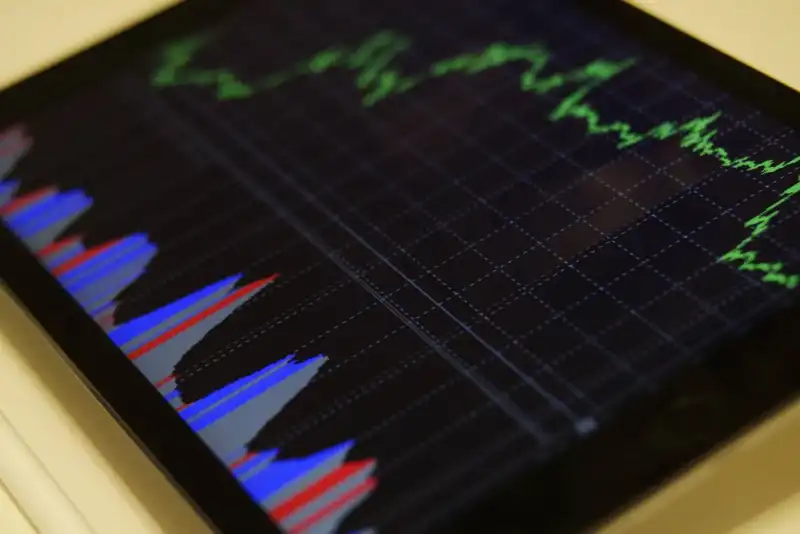Small Business Data Analytics - Why It Matters and 3 Trends
Introduction to Small Business Data Analytics
Organizations across all sizes and fields are taking advantage of big data technology to boost their competitive edge and profitability. According to statistics, brands that use big-data analytics tools experience 15% more sales, compared to those that do not.
Additionally, investments in analytical solutions continue to progressively grow. In fact, per reports from 2018, 97.2% of organizations have invested in big data and artificial intelligence initiatives. With small business data analytics, executives can gain clearer visibility into their overall operation and generate informed decisions.
What Are Big Data and Data Analytics?

Big data refers to large volumes of information that an organization generates throughout its regular operation. These incoming sources of data provide valuable information about a company's performance, function, and departments.
Small businesses can leverage their source of big data to reduce costs, increase operational efficiency, and identify profitable opportunities. According to the Service Corps of Retired Executives, 51% of small business owners state that big-data analysis is an integral component of a company. However, only 45% of businesses perform this type of analysis.
With advancements in technology and evolving consumer demands, small businesses should utilize data analytics techniques and tools. The following are advantages that company leaders can experience by implementing methods of analyzing data.
- Make informed pricing strategies
- Understand customers' shopping experience and buying journey
- Create competitive and advanced products and services
- Identify risks
- Prevent fraudulent activities
Big data analytics can also help small organizations gain insight into various key business functions. The following are some processes that management teams can source critical information from.
- Sales receipts and invoices
- Social media statistics
- Website traffic analytics
- Email marketing engagement
- Market and industry data
- Public data
- Regional and location-based analytics
3 Data Analytics Trends

Effectively analyzing data enables businesses to have detailed insights into all components of operations. This allows managers to optimize their decision-making capabilities and innovate their strategies. To accurately understand and leverage analytics, business owners should track the 3 following trends.
1. Deep Learning
Deep learning is a type of artificial intelligence (AI) and machine learning (ML) that mimics the way humans gain knowledge. Through the use of deep learning algorithms, business owners can streamline the process of solving highly complex problems. According to big data statistics, people generate 2.5 quintillion bytes of data each day. Deep learning helps organizations analyze these massive volumes of data quickly.
Therefore, small businesses can boost their skills in making decisions and steer their operations to greater lengths. This is apparent with the use of chatbots and instant messaging. Online retailers use these solutions to respond to customer inquiries on their websites. Powered by deep learning, these tools can intelligently answer questions and foster human-like interactions with digital visitors.
2. Mainstream Machine Learning

Machine learning is a computer program that can consume, learn, and adapt to incoming data automatically, without the need for human programming. This technique has become increasingly popular among many mainstream companies such as Amazon and Netflix.
These brands use machine learning to better understand historical customer activity so they can create personalized suggestions. For example, Netflix will automatically track the different movies and television shows that a user watches. It will then provide relevant recommendations based on the genre of these movies and shows.
Companies from different industries can take advantage of machine learning to become more technologically advanced. By integrating data analytic processes with machine learning, businesses can innovate their marketing techniques. For example, a restaurant can use its marketing data to create customized social media and email promotions. These personalized features can be centered on a customer's location, demographic, or product preference.
3. Dark Data

Despite its ominous name, dark data means information that a company collects, processes, and stores but does not use. It essentially refers to valuable insights that could have positively impacted the business but were not leveraged effectively. Therefore, the company missed an opportunity. A typical example of dark data is when employees open an email attachment but do not review its contents. It also includes instances when customer service representatives do not read or respond to a shopper's feedback.
The International Business Machines (IBM) reported that over 80% of all data is dark and unstructured. They estimated that the percentage would rise to 93% by 2020. With these statistics, businesses are implementing strategies to ensure they utilize all their data resources. One such strategy entails reviewing customer support log data to analyze which method of communication consumers prefer. This allows the business to focus on a specific platform and implement ways to optimize it to improve customer service experiences.
Organizations are also improving their data integration processes. Many brands generate data from disparate software systems, making it easier for data to go dark and unused. By integrating data, business owners can consolidate all their information into one location and convert it into a standard format for review. This ensures the organization has access to all their valuable insights.
Key Takeaways - Small Business Data Analytics
- Big data is large volumes of information that an organization produces during normal operations.
- Small business data analytics refer to the process of leveraging big data sources to gain visibility into all aspects of operations.
- Analyzing big data allows for many benefits, such as informed decision-making, an increase in operational efficiency, and risk identification.
- Data analytical techniques help business owners better understand different organizational functions, such as online engagement and customer analysis.
- The 3 key analytical trends small business owners should keep an eye on are deep learning, machine learning, and dark data.






